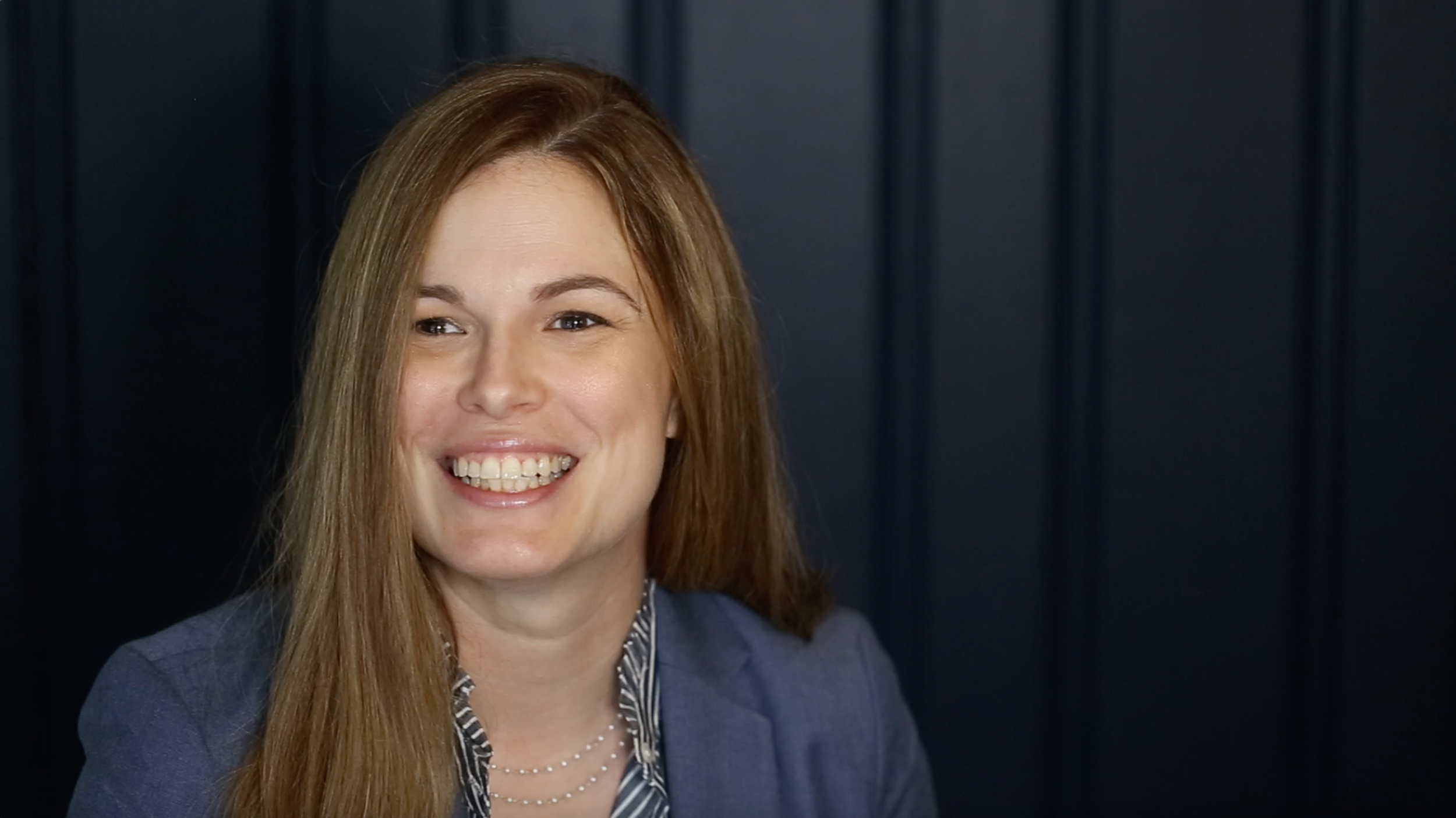We recently sat down with Justice Riggs, one of two Democrats on the N.C. Supreme Court, who is defending her seat in November’s election. In this portion of our wide-ranging conversation (don’t miss Parts 1, 2, and 3!), she discusses the importance of increasing the Court’s transparency and accountability, offers advice for anyone getting involved in voter outreach this year, and shares what’s providing her hope in these challenging times.
On increasing the transparency and accountability of the N.C. Supreme Court
I want folks to know that the chief justice of the North Carolina Supreme Court has a lot of power. That person runs, essentially, the judicial branch. They appoint chief judges in district and superior court.
They set a lot of priorities, a lot of processes for how things happen. The chief justice has a lot of authority, [including with] how our electronic courts system – the filing system – has been rolling out. Our chief justice has a lot of calendaring authority – deciding when we hear cases, at what pace we hear cases. And then just general authority. [Democratic] Chief Justice Beasley started a commission to make sure that equity was centered in the proceedings of our state courts. As I'm campaigning across this state, I want people to know and demand transparency from judges.
I frequently use this metaphor because I think a lot of people have seen the movie “The Wizard of Oz,” and the wizard portrayed himself as the mighty and powerful wizard of Oz, and he didn't want people to see what was happening behind the scenes. I don't want a situation where judges think they are the wizard of Oz.
I want to pull back that curtain. I want people to understand how and why decisions are going to be made. It doesn't mean that there aren't parts of our judicial work that need to be kept confidential. They do. But there's a lot of this that is the people's business, that the people have a right to know about.
Demanding transparency and accountability from your chief justice, from your justices, from your judges: That's something that every North Carolina voter has the power to do.
On what’s providing her hope during these challenging times
Serving and running for office – it's definitely challenging work. But when I get out into community, and I see folks binding together, understanding the power of their collective voice, getting excited to make change – that fills my glass.
I've spent a lot of time with young voters recently, and I'm so moved by the enthusiasm that I hear for taking back this state. For what they want government to be providing them. I don't fear accountability. I hunger for it.
And when I see voters willing to talk about what they want, what they need, and getting excited to go vote as a means of making that happen, that really moves me. I've always known that community organizing, grassroots organizing is how change gets made. I learned that, and I lived that, wearing a non-profit practitioner's hat.
But now, in the expressly political space, I get to see even more clearly how people are translating their understanding of policies and practices.
Justice Riggs talks about our state courts at FLIP NC’s 2024 launch party
On her advice to anyone seeking to get involved with voter outreach this year
There are so many great groups out there doing the work to educate voters, not only about how to cast their ballot and ensure it counts, but how to make informed decisions. As someone who spent nearly 15 years doing voter education and outreach, I encourage [everyone] to get involved now.
Extremism is on the ballot again. That threat didn't end in 2020. I know everyone says and hears that this election matters more than ever. It does. But what matters even more is: the work that we do, that we put in on the front end, talking to voters about why their vote matters and to voters who aren't connecting with presidential politics right now, national politics right now. We have an opportunity. FLIP NC has an opportunity. So many other grassroots groups have the opportunity to talk about the issues. … We have the power and the ability to make sure that everyone gets heard about the issues that they care about this year, and that folks understand the power that they have up and down the ballot. But it's going to be noisy.
And that's why it takes human connection, I think, to push us past the levels of participation we've seen before. The willingness to talk to a voter, to have a critical conversation, to listen and incorporate their feedback, to go stand face to face and say, “This is what's at stake. This is what your county commission is going to decide, this is what your district and superior court is going to decide, this is what your State Supreme Court is going to decide.” There's a moment for us, coming out of a global pandemic, to reconnect with the people in this state who need to hear from us, who need to know that this isn't just politicians screaming into the void.
These are people wanting to stand together hand in hand and make this a better state. I think there's so much power, not just in casting your ballot, but in talking to your fellow voters about how we take back the state.
On why voters should vote for her in 2024
2024 is a critical year, and I look forward to the opportunity to get to know voters, to tell them about me, to tell them about who I fight for, who I stand up for.
I'm fighting to keep my seat on the North Carolina Supreme Court and to spark the movement we need to take back our courts for justice.
The key to that multi-cycle plan is keeping my seat in the hands of someone like me, committed to enforcing the constitution in 2024. There is hard work to be done over the next few election cycles. We need folks committed to doing that work, working just as hard in 2026 to re-elect Justice Anita Earls as working to keep my seat in 2024.
The choice that voters are going to have in November is stark. The Republican candidate for the North Carolina Supreme Court is running to sweep North Carolina courts. I think having my voice on the court for people who haven't always had the easiest time navigating through the justice system is important.
I believe having dissent is important, and I know that when voters learn that the choice is between someone who values reproductive rights versus someone who said that life begins at conception, such that a child can be taken away from its mother before it's even born, is going to matter. I know that to someone who's committed to eradicating racial disparities in the criminal justice system, having me on the bench is going to matter to voters, particularly when the alternative is someone who doesn't believe that there are racial disparities in our criminal justice system.
2024 is a critical year, and I look forward to the opportunity to get to know voters, to tell them about me, to tell them about who I fight for, who I stand up for. I look forward to the opportunity for more voters to get to know me and my values and to understand that I fight for everyone. I come from a military family. My dad is a 30-year Navy veteran. My husband owns a small business in the Triad. The people you want on the bench are the people who understand all of these lived experiences and are willing to fight for every North Carolinian, without exception.
I am that judge, and I want to keep serving North Carolina that way.
Justice Riggs during our interview


